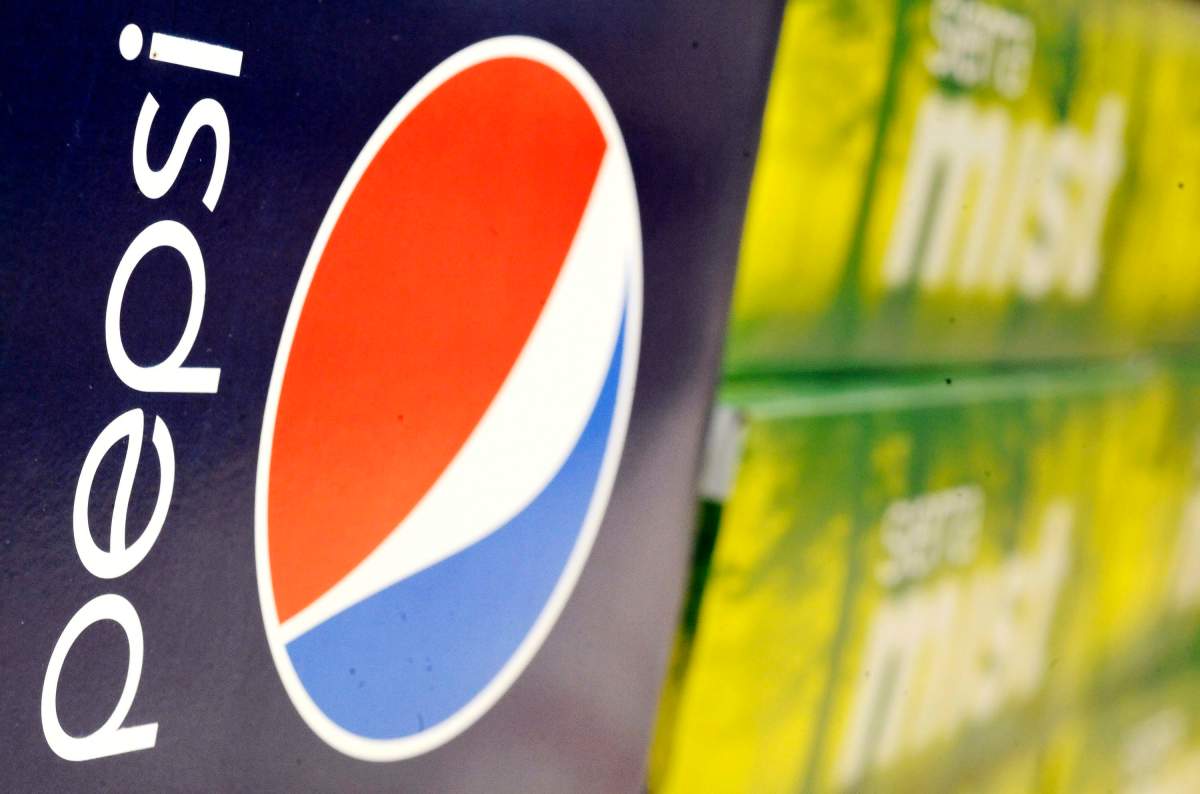According to recent Canadian and American studies, the consumption of sugary drinks contributes to about 20 per cent of obesity numbers, and one UBC professor and the chair of the Childhood Obesity Foundation offer up a solution to tax sugary drinks.

In an opinion piece in the Vancouver Sun, it states “A tax on sugary drinks will decrease consumption of these products and this will have positive effects on the health of British Columbians.” The piece is written by UBC professor Craig Mitton and Tom Warshawski who is the chair of the Childhood Obesity Foundation.
Mitton, a senior scientist at the Centre for Clinical Epidemiology and Evaluation, says much like the tax on tobacco products, which helps to decrease the use of the product, a similar tax could be applied to these drinks.

Get breaking National news
“The development of unhealthy weights is the result of an excess of calories consumed compared to calories expended in physical activity. Tax policy should be used in efforts to reverse this situation.”
Sugary drinks can be linked to “hypertension, hyperlipidemia and Type 2 diabetes,” says Mitton and Warshawski, and taxing them would “enhance personal responsibility” as if people still choose to consume these drinks they will be paying more tax and putting more money into the health care system just in case they need it later in life.
Now that the HST has been voted down, and finance minister Kevin Falcon has invited all British Columbians to bring forward their ideas on taxation, Mitton and Warshawski suggest now is the time to increase tax on the things that make us unhealthy, and decrease the tax on the ones that aid a healthier lifestyle.
“We encourage all British Columbians to consider how tax policy can be improved after the demise of the HST and to express their views to their MLA,” says the article.
This is not the first time such a proposal has been made. One such recent example is from the French government, who announced plans to tax sugary sodas in an effort to get the country’s debt under control. In retaliation Coca-Cola suspended plans for a 17-million Euro investment in its factory in the South of France. The government says the tax will raise 120-million Euros.
Read the full piece in the Vancouver Sun.







Comments